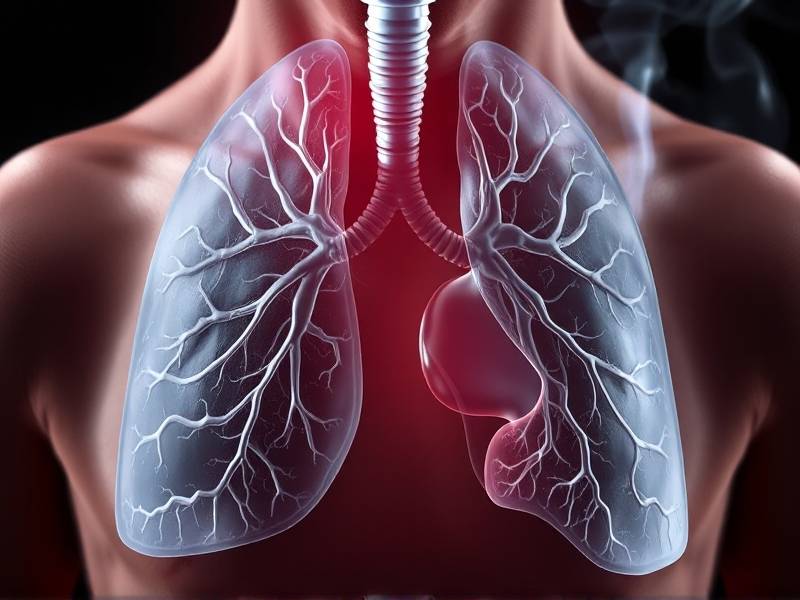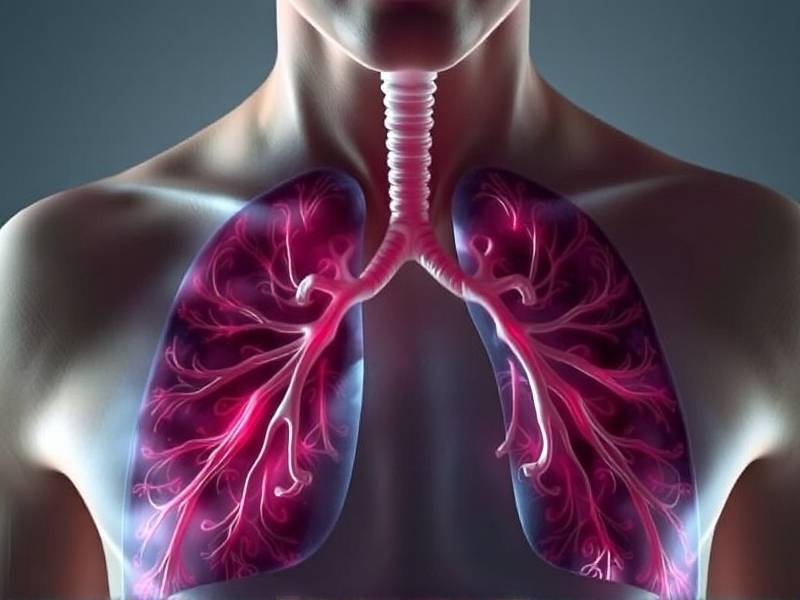Does COPD Get Worse After Quitting Smoking?
The Impact of Smoking Cessation on COPD Progression: What You Need to Know
Introduction: Chronic Obstructive Pulmonary Disease (COPD) is a chronic lung disease that affects millions of people worldwide. One of the most significant risk factors for developing COPD is smoking. While quitting smoking is a crucial step towards improving lung health, many individuals with COPD wonder if their condition will worsen after they quit. In this article, we will explore the relationship between smoking cessation and COPD progression, providing you with valuable insights into this important topic.
Understanding COPD and Smoking COPD is characterized by persistent airflow limitation that makes it difficult for individuals to breathe. Smoking is the leading cause of COPD, accounting for approximately 80-90% of cases. The chemicals in cigarettes cause inflammation and damage to the airways, leading to chronic bronchitis and emphysema.

The Role of Smoking Cessation in COPD Management Quitting smoking is one of the most effective ways to slow down the progression of COPD. By reducing exposure to harmful chemicals, individuals can improve their lung function and overall quality of life. Research has shown that smoking cessation can lead to:
- Reduced frequency and severity of respiratory infections
- Improved exercise tolerance
- Decreased symptoms such as coughing and wheezing
- Reduced hospitalizations
While it may seem counterintuitive, quitting smoking can sometimes exacerbate symptoms in individuals with COPD in the short term. This phenomenon is known as "cessation exacerbation." Here's why:
- Increased Sensitivity: When individuals quit smoking, their lungs become more sensitive to other irritants such as dust or pollen. This increased sensitivity can lead to more frequent respiratory infections or exacerbations.
- Withdrawal Symptoms: Withdrawal from nicotine can cause symptoms such as anxiety, irritability, and difficulty sleeping. These symptoms can further stress the body and exacerbate COPD symptoms.
- Physical Adaptation: The body takes time to adjust to lower levels of inflammation after quitting smoking. During this period, some individuals may experience increased shortness of breath or coughing.
However, it's important to note that these effects are typically temporary and tend to improve within a few weeks or months after quitting smoking.
Long-Term Benefits of Smoking Cessation

Despite the potential short-term challenges, quitting smoking has long-term benefits for individuals with COPD:
- Improved Lung Function: Over time, quitting smoking can lead to improved lung function and a reduction in symptoms.
- Reduced Risk of Exacerbations: Long-term smokers who quit are less likely to experience severe exacerbations compared to those who continue smoking.
- Increased Life Expectancy: Individuals with COPD who quit smoking have a better prognosis than those who continue吸烟.
Conclusion: Quitting smoking is an essential step for individuals with COPD who wish to improve their lung health and quality of life. While it may initially worsen symptoms due to cessation exacerbation or withdrawal symptoms, the long-term benefits far outweigh these temporary challenges. If you're struggling with quitting smoking or managing your COPD, seek support from healthcare professionals who can provide guidance and resources tailored to your needs.
Remember: It's never too late to quit! Taking this crucial step towards a healthier lifestyle can make a significant difference in your battle against Chronic Obstructive Pulmonary Disease (COPD).
